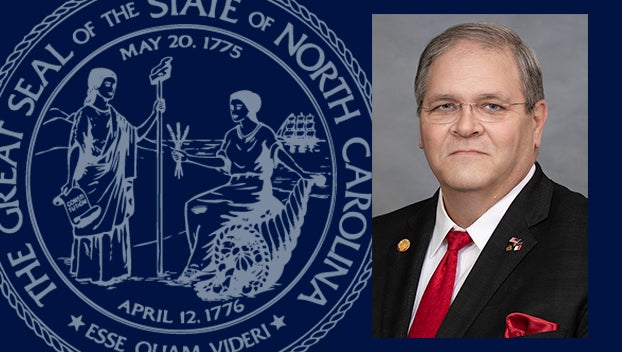City developing plan regarding unpaved streets
Published 11:44 am Thursday, February 8, 2018
Washington has 1.45 miles of unpaved streets, according to a memorandum from City Manager Bobby Roberson to the mayor and City Council members.
Paving those 1.45 miles might appear an easy task. Paving them isn’t the problem, paying for that paving is the bump in the road. The council is scheduled to discuss street paving during its meeting Monday.
During its Jan. 8 meeting, the council considered several options to address the issue, deciding it wanted Roberson to develop a plan that addresses paving all unpaved streets in the city. A list of the unpaved streets has been prepared for the council.
At the Jan. 8 meeting, Ravonda Moore, one of the Keys Landing residents, renewed her request to have Sarah Keyes Way paved. She’s made that request at several council meetings in recent months, and she reminds the council the longer the road remains unpaved, the more damage it does to residents’ vehicles.
“We are anticipating that a cost estimated be prepared on the streets improvements and will be including in the up-coming budget discussions,” Roberson wrote in the memorandum.
The city uses Powell Bill funds to pave unpaved streets in the city. Powell Bill funds are an annual allocation the city gets from the state’s fuel tax.
“Our appropriation has been reduced by a substantial amount and therefore street improvements, including paving, remain at a minimum for our jurisdiction. The reduction in the Powell Bill funding occurred because of the improvements made by the Department of Transportation for the US 17 By-Pass,” Roberson wrote in the memorandum.
A factor influencing the paving of Sarah Keyes Way is a dispute between the city and the Rev. David Moore, chief executive officer of Metropolitan Housing & Development Corp. The city contends Metropolitan owes $238,000 to the city for failure to meet certain requirements related to the Keys Landing subdivision. The city and Metropolitan worked together in developing the residential area. That dispute also included debate on whether the city or Metropolitan should pay for paving the street.
- leave street unpaved and continue with street maintenance on current schedule;
- pave the street using Powell Bill funds in the upcoming budget, which would delete the funds for street maintenance for remainder of the city;
- appropriate funds from city’s fund balance to pave the street;
- assess the cost of paving the street to adjoining property owners with a timed repayment program approved by the City Council;
- do not pave the street until Metropolitan pays the city what it owes;
- ask the city attorney to develop a “demand payment” letter requesting Metropolitan pay what it owes to the city. One of the conditions would include a provision that if the city is not paid what it is owed, the city would foreclose on the subject property and sell it a public auction.






